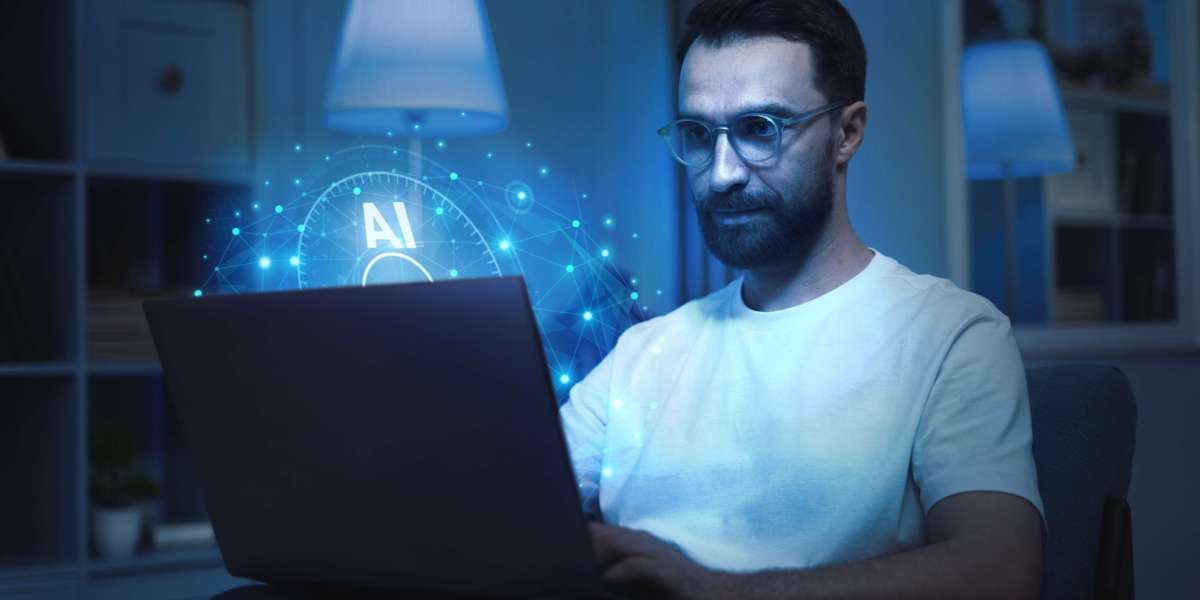The intersection of artificial intelligence (AI) and creativity has given rise to a revolutionary era in the fields of art and design. Artificial Intelligence Applications are not just tools; they are collaborators, pushing the boundaries of what is possible. In this blog, we delve into the exciting realm where technology meets artistic expression, exploring the innovative applications of AI in shaping the future of art and design.
The Rise of AI in Artistic Creation
Generative Adversarial Networks (GANs)
Generative Adversarial Networks, or GANs, are at the forefront of AI's impact on artistic creation. These algorithms consist of two neural networks – a generator and a discriminator – that work in tandem to create original content. GANs have been employed to generate mesmerizing paintings, sculptures, and even music, often blurring the lines between man-made and machine-generated art.
Style Transfer Algorithms
Style transfer algorithms leverage deep neural networks to transform the style of an image, transferring the characteristics of one artwork onto another. This approach allows artists to experiment with different styles easily, fostering creativity and innovation. Artificial Intelligence Applications like DeepArt and Prisma have gained popularity for their ability to turn ordinary photos into stunning works of art inspired by famous artists.
Designing with AI Assistance
Automated Design Tools
AI is streamlining the design process with automated tools that assist designers in creating captivating visuals. Tools like Runway ML and Adobe's Sensei use machine learning to suggest design elements, layouts, and color schemes based on user preferences and project requirements. This not only speeds up the design process but also introduces fresh ideas and perspectives.
Predictive Design and Personalization
AI's predictive capabilities extend to design, where algorithms analyze user behavior and preferences to anticipate design choices. This personalization goes beyond aesthetics, as AI tailors designs to suit individual tastes, enhancing user engagement and satisfaction. Websites, apps, and marketing materials can now dynamically adapt to each user's unique preferences.
Bridging Tradition and Innovation
AI in Restoration and Preservation
Artificial intelligence plays a pivotal role in the restoration and preservation of cultural heritage. Through image recognition and restoration algorithms, AI aids in the repair of damaged artwork and ancient artifacts, ensuring their longevity. This fusion of tradition and innovation showcases the potential for AI to contribute to the conservation of humanity's artistic legacy.
Collaborative Creation with Artists
AI is not replacing artists; it's collaborating with them. Many contemporary artists embrace AI as a creative tool, using it to augment their artistic vision. This collaboration results in mesmerizing artworks that blend human ingenuity with the computational capabilities of AI. The synergy between artist and machine pushes the boundaries of creativity.
Challenges and Ethical Considerations
While AI in art and design brings forth exciting possibilities, it also raises ethical considerations. Questions about authorship, ownership, and the impact of automation on creative industries come to the forefront. Striking a balance between innovation and ethical considerations is crucial to ensuring a harmonious integration of AI in the creative realm.
Conclusion
The marriage of AI and creativity has ushered in an era of boundless possibilities for artists and designers. From generative artworks to predictive design tools, AI is not just a technological tool; it's a source of inspiration and collaboration. As we navigate the evolving landscape of art and design, embracing the innovative applications of AI, we witness the emergence of a new chapter where human creativity and artificial intelligence converge to redefine the limits of what is conceivable in the world of aesthetics.



